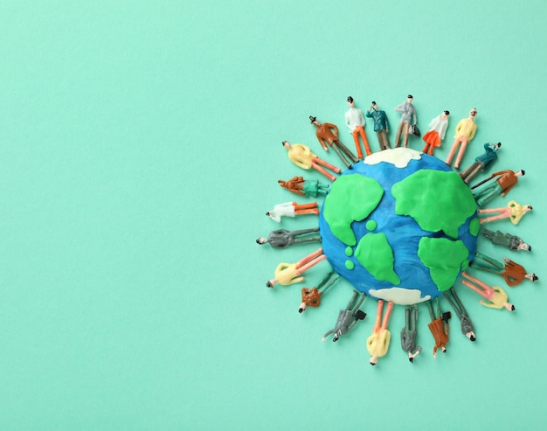
To sustainably feed the world's projected 9.3 billion people in 2050
Food production will need to increase by 60 percent.
The average percentage of freshwater used for agriculture in the world is
70%
However, as more people move to cities and the global population rises,
there will be less land suitable for farming and fewer resources available to produce nutritious
food.

Because of its importance to human survival, the economy, and the environment, water shortage is a worldwide problem.
Water is essential to 90% of the global economy and 75% of all jobs. Traditional methods of desalination, on the other hand, have a far bigger carbon footprint, with an estimated 76 million tonnes of CO2 being released yearly from desalination facilities throughout the world.
By 2040, yearly emissions are projected to rise to almost 218 million tonnes of CO2.
The aquatic ecosystem and accompanying communities are impacted when desalination facilities reject brine to the seas.
The oceans are home to 80% of all species on Earth.
Three billion people eat fish regularly. There are 10 persons in the world who make their living only from fishing.
The higher yields brought about by several harvests and an abundance of agrochemicals have come at the price of the farm's long-term viability. However, in the long run, this reduces the land's fertility, which might cause its inhabitants to depart it, leading to desertification.
It is estimated that women spend 200 million hours every year gathering water.
Women and girls do this task in seven out of ten developing nations. They spend around three hours a day on their trek to water sources. Women walk an estimated 109 million hours per day in Africa, and an estimated 200 million hours per day worldwide. Across 24 billion dollars a year are spent on water collection around the world. School enrollment has been linked to a decrease in water collection times. Including a relevant image will strengthen the argument.
The availability of clean water and quality food is both the biggest challenge and opportunity in terms of our resources. Our reaction to climate change, the preservation of the ocean, and even the resiliency of communities and migration are all directly impacted by how much water we provide and how much water we use.
Manhat is resolved to make a difference to these challenges through our patented technology and expertise. We are making this pledge because we are certain that we can make a difference.